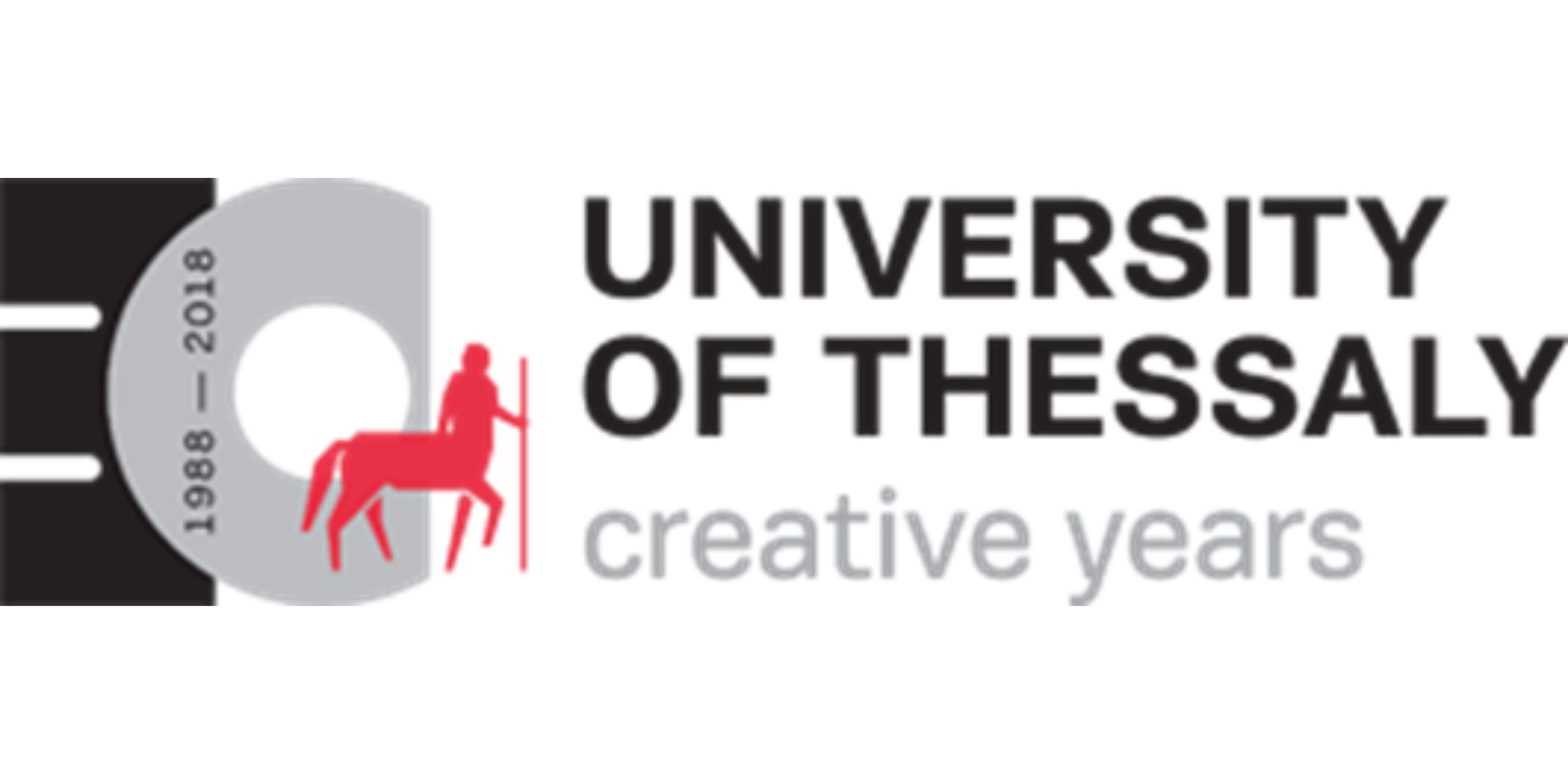Engineering innovation is a driver of growth and well-being today and in the future. By considering feasibility, desirability, and emerging technology it enables the introduction of solutions to business and societal issues of the 21st century, such as climate change, clean and affordable energy, health for all, quality education, poverty mitigation, responsible management of natural resources, and more to drive future growth. Given that today’s students are the problem solvers of tomorrow, who will be challenged to design responses to emerging challenges, higher education as a sector has a responsibility of building student innovation capacity for turning ideas into action.
This work presents a gamified design thinking learning intervention for promoting the development of innovation competences among engineering students for introducing solutions to difficult challenges, even if none appears to exist at first glance. Design thinking achieves this through a process of problem-discovery that allows designers to put themselves in the position of users either literally, by immersing themselves in the users’ environment, or through an engagement process that helps them better understand actual, as opposed to perceived, needs. The process allows for the definition of a more accurate problem statement, which in turn may allow the design more effective solutions. Design thinking encourages brainstorming for introducing a broad toolset of potential solutions, from which the design team selects the most viable for developing and evaluating prototypes by further engaging users.
A digital collaboration service has been developed that encourages students to engage in problem-solving in teams anywhere and anytime. Through the learning service under development students work in jointly owned digital workspaces in which they may share their work on problem discovery and understanding, analysis of user needs, problem definition, and solution design. The proposed service is flexible and encourages students to share and build on each other’s ideas through small notes posted on a common canvas. The educator has broad flexibility in designing exercises for engaging students as well as in highlighting specific steps of the design thinking process. Finally, gamification elements, such as clear goals, feedback, recognition, rewards, and a sense of affiliation, promote student long-term engagement in the learning process.
The work is implemented in project ICT-INOV: Modernizing ICT Higher Education for Harvesting Innovation that is funded by the Erasmus+ Capacity Building in Higher Education program. It is implemented in Greece, Portugal, Italy, Estonia, Malaysia, Vietnam, Pakistan, and Nepal encouraging the exchange of know-how and experiences towards modernizing higher education practices.
Short Biography: Hariklia Tsalapatas is a Computer Engineer and an instructor at the Department of Electrical and Computer Engineering of the University of Thessaly. She has a Computer Engineering and Informatics Degree from the University of Patras, an MSc Degree from Rice University, TX, an MBA from Columbia University, NY, and a PhD Degree from the University of Thessaly. She has worked as a network engineer at Oracle Corporation in San Fransicso, CA. She has further worked as a researcher at FORTH in Crete. Since 2000 she works as a software engineer at the University of Thessaly. Her research interests include the applications of technology in learning contexts with a focus on digital learning games and design thinking. She has implemented over 40 research projects and published over 75 scientific articles. See more at http://ctll.e-ce.uth.gr.
https://www.civ.uth.gr/news/events/lectures
https://www.civ.uth.gr/news/events/949
Source: University of Thessaly (https://bit.ly/3pl1cDH)
